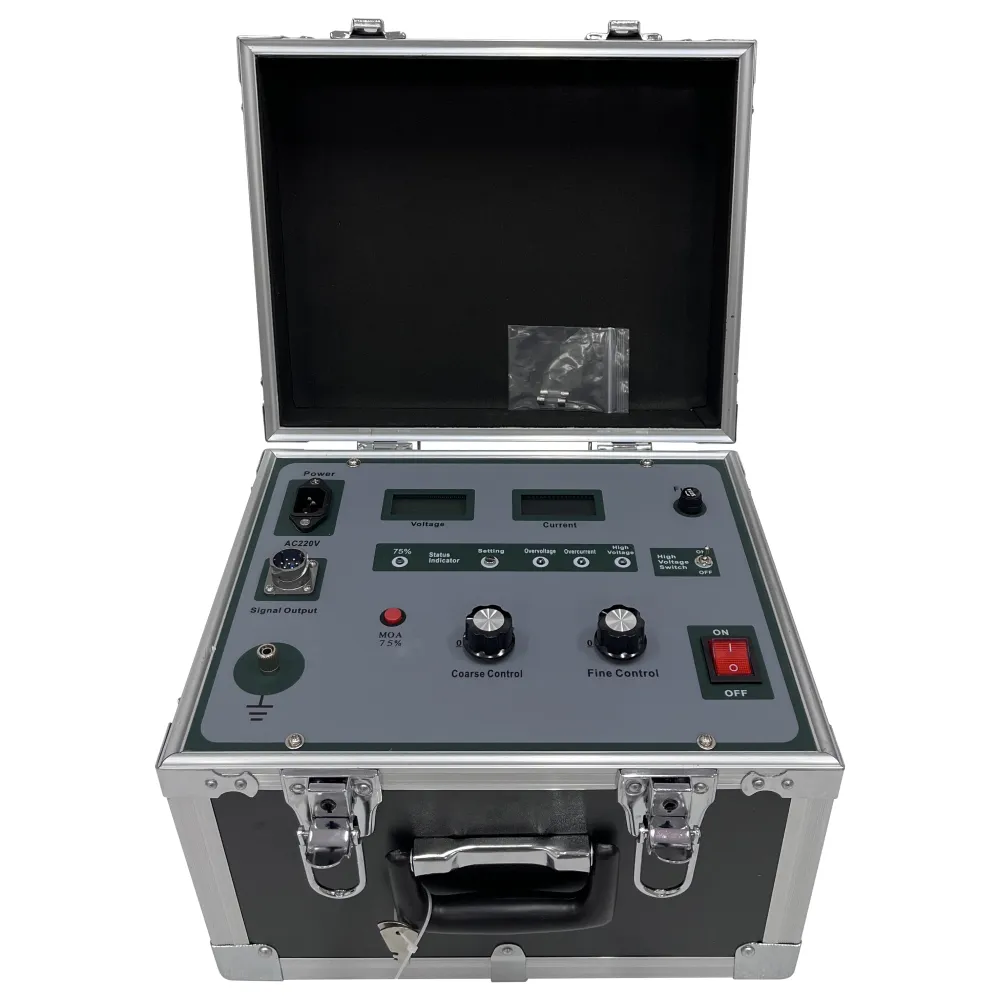 English
English



-
 Afrikaans
Afrikaans -
 Albanian
Albanian -
 Amharic
Amharic -
 Arabic
Arabic -
 Armenian
Armenian -
 Azerbaijani
Azerbaijani -
 Basque
Basque -
 Belarusian
Belarusian -
 Bengali
Bengali -
 Bosnian
Bosnian -
 Bulgarian
Bulgarian -
 Catalan
Catalan -
 Cebuano
Cebuano -
 China
China -
 China (Taiwan)
China (Taiwan) -
 Corsican
Corsican -
 Croatian
Croatian -
 Czech
Czech -
 Danish
Danish -
 Dutch
Dutch -
 English
English -
 Esperanto
Esperanto -
 Estonian
Estonian -
 Finnish
Finnish -
 French
French -
 Frisian
Frisian -
 Galician
Galician -
 Georgian
Georgian -
 German
German -
 Greek
Greek -
 Gujarati
Gujarati -
 Haitian Creole
Haitian Creole -
 hausa
hausa -
 hawaiian
hawaiian -
 Hebrew
Hebrew -
 Hindi
Hindi -
 Miao
Miao -
 Hungarian
Hungarian -
 Icelandic
Icelandic -
 igbo
igbo -
 Indonesian
Indonesian -
 irish
irish -
 Italian
Italian -
 Japanese
Japanese -
 Javanese
Javanese -
 Kannada
Kannada -
 kazakh
kazakh -
 Khmer
Khmer -
 Rwandese
Rwandese -
 Korean
Korean -
 Kurdish
Kurdish -
 Kyrgyz
Kyrgyz -
 Lao
Lao -
 Latin
Latin -
 Latvian
Latvian -
 Lithuanian
Lithuanian -
 Luxembourgish
Luxembourgish -
 Macedonian
Macedonian -
 Malgashi
Malgashi -
 Malay
Malay -
 Malayalam
Malayalam -
 Maltese
Maltese -
 Maori
Maori -
 Marathi
Marathi -
 Mongolian
Mongolian -
 Myanmar
Myanmar -
 Nepali
Nepali -
 Norwegian
Norwegian -
 Norwegian
Norwegian -
 Occitan
Occitan -
 Pashto
Pashto -
 Persian
Persian -
 Polish
Polish -
 Portuguese
Portuguese -
 Punjabi
Punjabi -
 Romanian
Romanian -
 Russian
Russian -
 Samoan
Samoan -
 Scottish Gaelic
Scottish Gaelic -
 Serbian
Serbian -
 Sesotho
Sesotho -
 Shona
Shona -
 Sindhi
Sindhi -
 Sinhala
Sinhala -
 Slovak
Slovak -
 Slovenian
Slovenian -
 Somali
Somali -
 Spanish
Spanish -
 Sundanese
Sundanese -
 Swahili
Swahili -
 Swedish
Swedish -
 Tagalog
Tagalog -
 Tajik
Tajik -
 Tamil
Tamil -
 Tatar
Tatar -
 Telugu
Telugu -
 Thai
Thai -
 Turkish
Turkish -
 Turkmen
Turkmen -
 Ukrainian
Ukrainian -
 Urdu
Urdu -
 Uighur
Uighur -
 Uzbek
Uzbek -
 Vietnamese
Vietnamese -
 Welsh
Welsh -
 Bantu
Bantu -
 Yiddish
Yiddish -
 Yoruba
Yoruba -
 Zulu
Zulu
Equipment for Measuring Contact Resistance in Electrical Testing Applications
Understanding Contact Resistance Test Equipment Ensuring Electrical Connectivity and Safety
Contact resistance testing is a critical aspect of electrical engineering and safety compliance, examining the integrity of connections in various electrical setups. Contact resistance refers to the resistance encountered at the junctions where electrical connections are made, and any increase can lead to significant energy losses, overheating, or even failure of the electrical system. For this reason, specialized equipment is essential to measure and ensure that contact resistance remains within acceptable limits.
What is Contact Resistance Testing?
Contact resistance testing involves measuring the resistance at the interface where two conductive materials meet. This testing is crucial in various applications, from ensuring that high-current circuits—such as transformers and circuit breakers—perform reliably to evaluating the quality of connections in renewable energy systems like solar panels and wind turbines. The process aids in identifying potential issues caused by corrosion, oxidation, or physical deformation at the contact points.
Contact Resistance Test Equipment Types
There are several types of contact resistance test equipment, each designed to suit specific testing scenarios
1. Four-Wire Measurement Technique This method uses four separate leads—two for the current supply and two for voltage measurement. This configuration significantly reduces the effects of contact and lead resistance on the measurement, providing more accurate results. This technique is widely used in industrial settings where precision is crucial.
contact resistance test equipment

2. Micro-ohm Meters These handheld devices are specifically designed for measuring very low resistance values, often in the micro-ohm range. Micro-ohm meters are utilized in various applications such as checking the continuity of connectors and cables in electrical panels, ensuring minimal resistance at contacts involved in high-power applications.
3. Clamp-on Resistance Testers These devices allow for non-intrusive measurement of contact resistance. The tester can be clamped around a conductor without needing to disconnect it, making it ideal for quick checks and maintenance tasks. This equipment finds utility in routine inspections within electrical distribution systems.
4. Automated Test Systems For high-volume testing scenarios, automated test systems incorporate advanced features such as data logging, remote control, and integration with other diagnostic tools. These systems are invaluable for manufacturers and large-scale electrical installations where efficiency and repeatability are essential.
Importance of Regular Testing
Regular contact resistance testing is vital in maintaining the reliability and safety of electrical systems. Over time, contacts can degrade due to environmental factors or mechanical wear, leading to increased resistance. This can result in inefficient operation, higher energy costs, or severe equipment failures. By routinely utilizing contact resistance test equipment, technicians can identify potential issues before they escalate, ensuring the long-term performance of electrical systems.
Conclusion
In summary, contact resistance test equipment plays a vital role in the reliability and safety of electrical installations. With various tools available, from micro-ohm meters to sophisticated automated systems, technicians can select the appropriate equipment to meet their specific needs. Regular testing not only ensures compliance with safety standards but also enhances the overall efficiency of electrical systems. In a world increasingly reliant on electricity, maintaining low contact resistance is paramount to achieving optimal performance and safety in electrical applications.
-
Exploring the Main Types of Industrial Endoscopes and Their Applications Across IndustriesNewsJul.04,2025
-
Testing Equipment Industry Sees Major Advancements in 2025: Smart & Precision Technologies Lead the WayNewsJun.06,2025
-
Applications of Direct Current Generators in Renewable Energy SystemsNewsJun.05,2025
-
Hipot Tester Calibration and Accuracy GuidelinesNewsJun.05,2025
-
Digital Circuit Breaker Analyzer Features and BenefitsNewsJun.05,2025
-
Benefits of Real-Time Power Quality Monitoring Devices for Industrial EfficiencyNewsJun.05,2025



